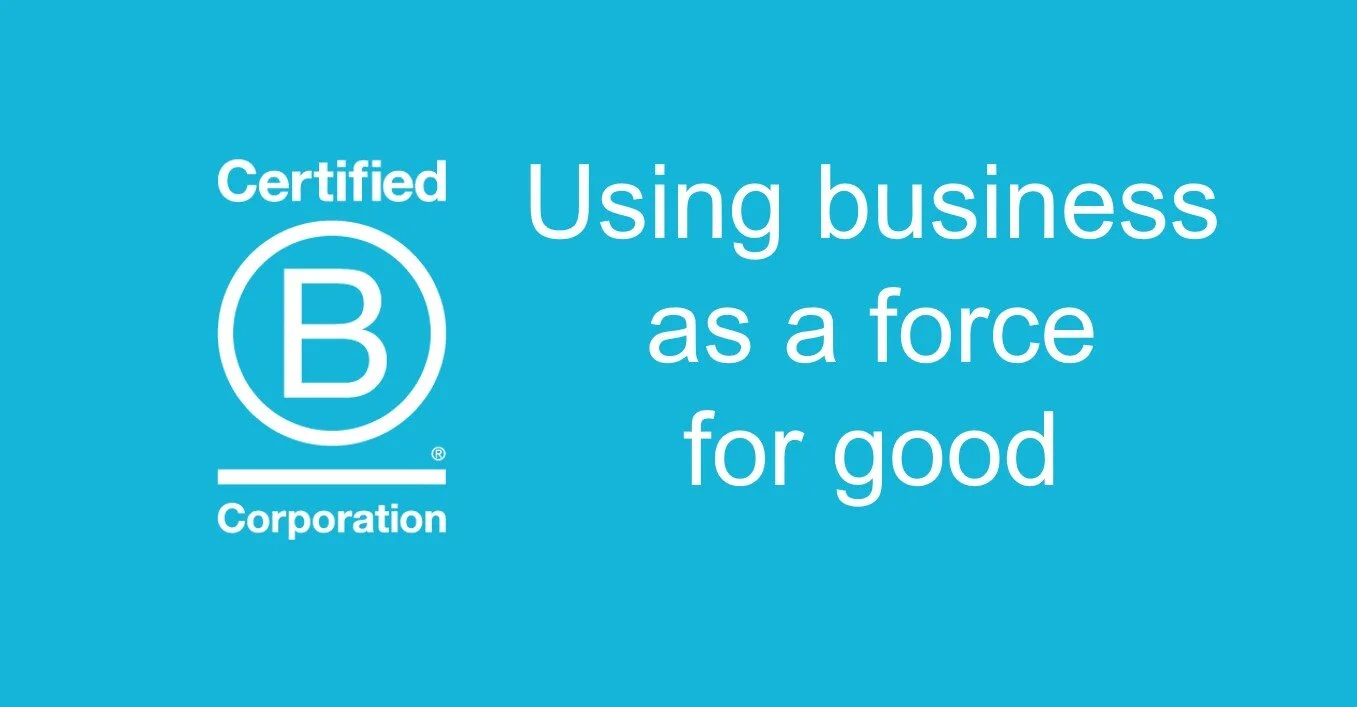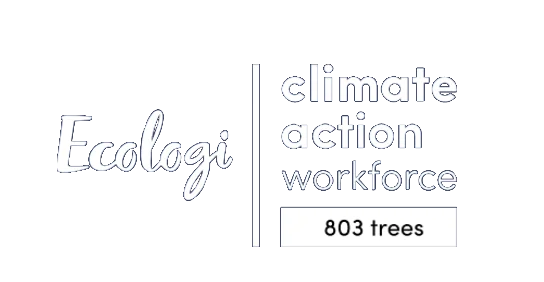Companies have long been operating under a profit-driven business model. But, with this eco-awakening we’re currently experiencing, are its days coming to end?
Maximising shareholder wealth at the expense of employee satisfaction, customer happiness, and environmental protection, is a sure-fire way to drive business away. So, what’s the alternative?
Well, it’s all about putting people and planet on par with profit.
It’s easy to think that adopting sustainable practices requires sacrifice, but many businesses are actually reaping the rewards of a triple bottom line approach. In fact, companies that have gone through the B Corp process, and made a formal commitment to doing good for the environment and the communities around them, are seeing the benefits rush in.
Clearly, it does it pay to become B Corp accredited. But if you’re wondering quite how getting this certification can positively impact your business, keep reading!
Benefit 1: Attracting Talent
According to a study by Cone Communications, 64% of millennials said they wouldn’t work for a company that doesn’t have strong social and environmental commitments. 75% also said they would choose to work for a socially responsible organisation (over one that doesn’t have CSR policies in place) even if this meant their salary was reduced.
If a company wants to attract top talent, they need to integrate social and environmental policies into their overall business strategy. Job seekers are increasingly looking to join purpose-driven organisations. A company that contributes to society and offers opportunities for personal development is far more appealing to potential employees than one that’s entirely profit-focused.
Benefit 2: Employee Retention
Since the start of 2021, resignation rates in the US, the UK and a handful of other advanced economies have continued to hit record highs. Poor working conditions, long days, and generally unfulfilling job roles have pushed employees to hand in their notice and seek something better.
The Great Resignation, as it has been termed, might have been nudged by the pandemic. But it’s been brewing for years. Workers have slowly come to realise that it’s not necessary to stay in a non-purposeful job or an exploitative workplace. If the company they work for doesn’t share their values or isn’t providing the perks they desire, whether this be flexible hours or mental health support, then it’s likely that they’ll find somewhere else that does.
A business that puts purpose at its core and takes care of its employees tends to report higher levels of engagement and satisfaction, making it far more likely to retain staff. Storm Consultancy in Bath, for example, reports that their average employee stays with the company for around 6 years. This is due to a number of factors including: mental health initiatives, a 4.5 day working week, and an unlimited annual leave policy.
Benefit 3: Customer Loyalty
Conscious consumerism is bigger than ever… and it’s not going anywhere in 2022. Customers are more mindful of what they’re buying. They realise that a product or service’s impact doesn’t stop at the point of purchase or use, but that there’s a whole set of processes and decisions that happen behind the scenes in order to create it.
A 2021 Deloitte study found that nearly one in three consumers have stopped buying certain brands or products because they are worried about the ethical and environmental impact of doing so. Around 50% of consumers would also be willing to pay more for products and services if the brand that provides them was committed to acting sustainably.
Benefit 4: Securing External Finance
We’re seeing lots of movement in the impact investing market. Data from Big Society Capital shows that social impact investments increased from £830 million in 2011 to £6.4 billion in 2020. And it doesn’t look like this growth is slowing any time soon!
Investors are keen to work with sustainable and socially responsible organisations. This is largely because these companies pose less of a business risk than those that don’t have any ESG policies in place. Since five of the top ten risks facing businesses over the next ten years are environmental, it makes sense that investors would want to work with companies that have already accounted for these issues.
A comprehensive ESG strategy demonstrates to investors that a business is not just interested in short-term profits. It shows that they’ve taken time to analyse the long-term impacts and benefits of acting sustainably. Companies with poor ESG credentials are seen as a liability to investors, which is why it’s important to begin incorporating ESG policies into your business as soon as you can.
Benefit 5: Highlighting Areas of Improvement
Going through the B Corp process helps companies to identify weak spots or areas in their business that could do with some work. It’s not just a matter of pointing out flaws though. The B Impact Assessment does act as performance gauge, but it also provides advice as to how best practices can be implemented.
Companies can see exactly where they stand compared to other businesses and how they can take action to increase their impact score. Depending on how they perform in each impact area (Community, Environment, Workers, Customers, Governance), the company may want to shift their priorities or rethink their business practices. A customised Improvement Report will provide clearer insight into how the business can target each impact area and what kind of improvements are most appropriate or viable.
Benefit 6: Greater Growth
Businesses that are B Corp accredited grow at much faster rate than those which aren’t. In fact, research by B Lab UK shows that certified B Corps experienced an average year-on-year revenue growth of 14% in 2017, which was 28 times faster than the national GDP growth rate at the time (0.5%).
Between 2017 and 2019, additional studies carried out by B Lab UK found that the average annual turnover growth for B Corp certified SMEs (small and medium-sized enterprises) was 24%, compared to the 3% average for all other SMEs.
But it’s not just small businesses that are seeing increased growth. Unilever reported in 2018 that their Sustainable Living Brands – which include big names like Dove, Ben & Jerry’s and Pukka – grew 69% faster than the rest of the business. These sustainable brands also accounted for around 75% of the company’s overall sales growth.
Ready to become a B Corp? Learn more about the certification by checking out the official website here: https://businessonpurpose.uk/bcorp
And if you’re interested in embarking on your own B Corp journey but don’t quite know where to start, we’ve helped over 400 companies and can help guide you through the process. Just visit the Business On Purpose support page or send an email to andy@businessonpurpose.uk.







